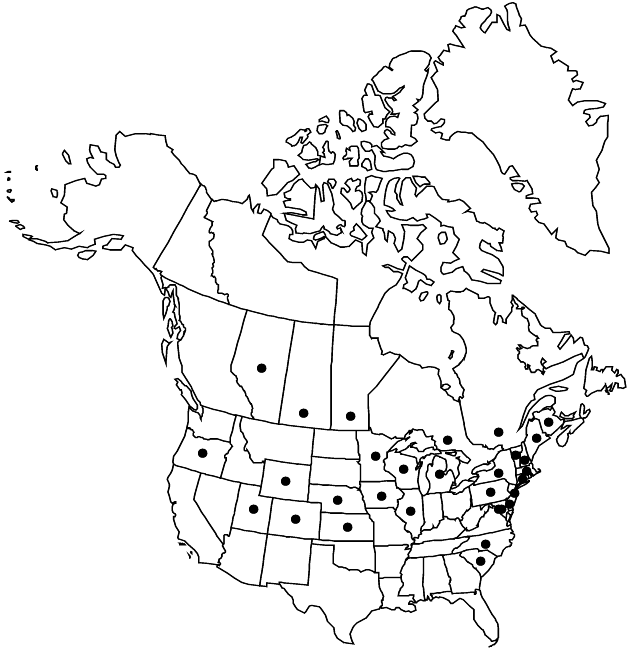Difference between revisions of "Artemisia abrotanum"
Sp. Pl. 2: 845. 1753.
FNA>Volume Importer |
FNA>Volume Importer |
||
| Line 48: | Line 48: | ||
|publication year=1753 | |publication year=1753 | ||
|special status= | |special status= | ||
| − | |source xml=https://jpend@bitbucket.org/aafc-mbb/fna-data-curation.git/src/ | + | |source xml=https://jpend@bitbucket.org/aafc-mbb/fna-data-curation.git/src/f50eec43f223ca0e34566be0b046453a0960e173/coarse_grained_fna_xml/V19-20-21/V19_891.xml |
|tribe=Asteraceae tribe Anthemideae | |tribe=Asteraceae tribe Anthemideae | ||
|genus=Artemisia | |genus=Artemisia | ||
Revision as of 21:21, 16 December 2019
Perennials or subshrubs, 50–130(–170) cm (not cespitose), aromatic (roots thick, woody). Stems relatively numerous, erect, brown, branched, (woody, brittle), glabrous or sparsely hairy. Leaves cauline, dark green; blades broadly ovate, (2–)3–6 × 0.02–0.15 cm, 2–3-pinnatifid (lobes linear or filiform), faces sparsely hairy (abaxial) or glabrous (adaxial). Heads (nodding at maturity) in open, widely branched arrays 10–30 × 2–10 cm. Involucres ovoid, (1–)2–3.5 × (1–)2–2.5 mm. Phyllaries oblong-elliptic, sparsely hairy. Florets: pistillate 4–8(–15); bisexual 14–16(–20); corollas yellow, 0.5–1 mm, glandular. Cypselae (light brown) ellipsoid (2–5-angled, flattened, furrowed), 0.5–1 mm, glabrous. 2n = 18.
Phenology: Flowering late summer–fall.
Habitat: Waste places
Elevation: 0–3000 m
Distribution

Alta., Man., N.B., Ont., Que., Sask., Colo., Conn., Del., D.C., Ill., Iowa, Kans., Maine, Md., Mass., Mich., Minn., Nebr., N.H., N.J., N.Y., N.C., Oreg., Pa., S.C., Utah, Vt., Wis., Wyo., Eurasia, Africa.
Discussion
Artemisia abrotanum has been widely cultivated in gardens for old-time uses such as a fly and parasite repellent. It has had a renewed popularity in xeriscape gardening; it is drought tolerant and can fill difficult garden spaces (e.g., dry rocky slopes). Reports of naturalization may be exaggerated; it is not known to become weedy in any of its known locations in North America.
Selected References
None.